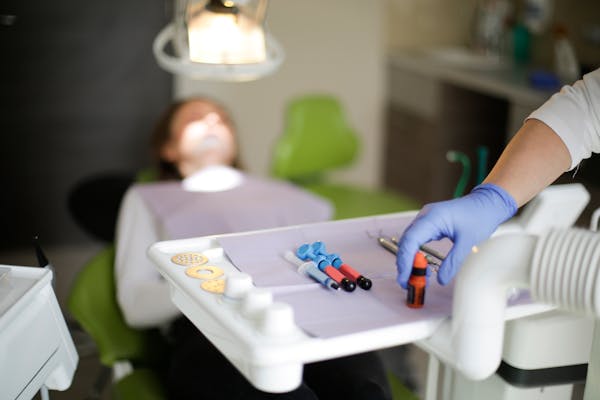Are you going to have orbital surgery?
If so, it’s a huge step and one that is nuanced and requires a lot of consideration. Postoperative care is extremely important: if you don’t follow your postoperative orders, you put yourself in harm’s way with your recovery.
Be sure to keep reading for a guide to postoperative care after orbital surgery.
Get the Help You Need
To ensure a successful recovery, it is important to get the right kind of support for the patient’s individual situation. Medications should be taken as prescribed, and additional medications can provide relief from pain or discomfort.
It is also important to communicate any changes in vision or other symptoms to the doctor so that a proper treatment plan can be devised. Family and friends can be helpful in providing care for the patient and providing emotional support during the surgery recovery process.
Take Care While Showering and Shaving
Postoperative care following orbital surgery is especially important when it comes to taking care while showering and shaving. Allowing the wound to get wet should be avoided until the sutures have been removed and the area healed.
If the doctor has given the go-ahead, using a waterproof dressing is recommended. Additionally, mild soap and warm water should be used to clean the face. Any splashing of water should be avoided near the area, and a washcloth should not be used near the wound.
Wear Sunglasses
Wearing sunglasses is an important part of post-operative eye care after orbital surgery. Sun exposure can worsen post-operative swelling and discomfort around the eyes and forehead. To protect the eyes and orbital area from the sun’s ultraviolet rays, high-quality, polarized sunglasses should be worn.
Look for sunglasses that cover the orbital area completely and are labeled as providing 100% protection from UVA and UVB rays. In addition, appropriate sunglasses should fit snugly with limited gaps to ensure that light does not enter around the sides.
Clean Your Eyelids
First, assess the eyelid area to ensure that there are no signs of infection or redness. Then, use a clean, small cotton swab or a cotton-tipped applicator to gently wipe the eyelids to remove any debris or discharge. Next, use a clean, damp gauze or tissue to gently wipe the eyelids to remove any remaining debris.
Finally, apply a warm compress to the eyelid to reduce swelling. It is important to remember to always clean your eyelids with a clean cloth or cotton-tipped applicator and to never use anything abrasive on the eye area.
Use Medications as Directed
It is important that you follow your doctor’s instructions for use in order to ensure proper healing and avoid complications. In most cases, you will receive a prescription for an antibiotic and a steroid, both of which should be taken as directed.
Additionally, over-the-counter medications such as Tylenol and NSAIDs can provide important relief from pain and inflammation. Make sure you read and understand the manufacturer’s directions, and always talk to your doctor before taking any medicine.
Aside from all these tips, make sure to look for the best facial plastic surgeon to entrust your eye.
Read More About Orbital Surgery
Post-operative care is essential to successful orbital surgery. It is important to understand and adhere to these fundamental instructions for the best possible outcome. With proper post-operative care, the patient can expect a full recovery and improved long-term quality of life.
